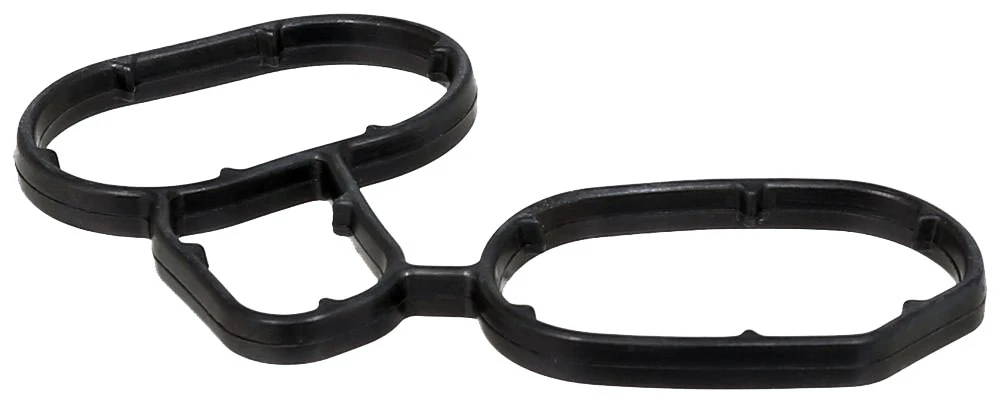Understanding the Importance of Torque Converter Oil Seal in Vehicle Performance
Understanding Torque Converter Oil Seals
When it comes to the performance and durability of automatic transmissions, one often-overlooked component is the torque converter oil seal. This small yet crucial part plays a significant role in the efficient operation of the torque converter, which is responsible for transferring power from the engine to the transmission without the need for a manual clutch. In this article, we will delve into the function, importance, and maintenance of torque converter oil seals.
What is a Torque Converter?
Before discussing oil seals, it’s essential to understand the torque converter itself. The torque converter is a type of fluid coupling that allows the engine to continue running while the vehicle is stationary. It uses hydraulic fluid to transfer power and is designed to amplify engine torque when needed. The torque converter consists of several components, including the impeller, turbine, stator, and oil seal.
The Importance of Oil Seals
The torque converter oil seal is positioned between the torque converter and the automatic transmission. Its primary function is to prevent transmission fluid from leaking out of the converter and into the engine bay. Additionally, the oil seal helps maintain the appropriate pressure within the torque converter, allowing for smooth operation and fluid transfer.
A properly functioning oil seal is crucial for several reasons
1. Prevents Leaks Over time, seals can wear out or become damaged, leading to fluid leaks. Since the transmission relies on hydraulic fluid to operate effectively, any loss of fluid can diminish performance and lead to more serious transmission issues.
2. Ensures Efficiency Maintaining proper pressure within the torque converter is vital for efficient power transfer. An oil seal that fails can result in a drop in pressure, causing the torque converter to function inefficiently, which can negatively impact fuel consumption and vehicle performance.
3. Protects Internal Components A good seal keeps contaminants such as dirt, dust, and debris out of the torque converter, protecting sensitive internal components from wear and damage. This contributes to the overall longevity of the transmission system.
Signs of a Failing Torque Converter Oil Seal
torque converter oil seal

Recognizing the signs of a failing torque converter oil seal can save vehicle owners from costly repairs
. Some common symptoms include- Fluid Leaks Puddles of transmission fluid beneath the vehicle are a clear indication of a seal issue. The fluid is typically red or brown and has a sweet smell.
- Slipping or Hesitation If the vehicle hesitates or the engine revs without a corresponding increase in speed, it may indicate pressure loss within the torque converter, often due to a faulty oil seal.
- Unusual Noises Grinding or whining noises while the vehicle is in gear can also signal problems with the torque converter, including potential oil seal failure.
- Overheating A malfunctioning oil seal can lead to inadequate fluid levels in the torque converter, causing it to overheat and ultimately leading to transmission failure.
Maintenance and Replacement
To prevent issues related to the torque converter oil seal, regular maintenance is essential. This includes checking transmission fluid levels and quality, as well as looking for signs of leaks. It is advisable to have the transmission system inspected periodically by a qualified mechanic.
If a torque converter oil seal does fail, replacement is typically required. This process can be complex and may involve removing the transmission or torque converter, depending on the vehicle’s design. Therefore, it is crucial to have a professional handle the replacement to ensure proper installation and avoid additional issues.
Conclusion
In conclusion, the torque converter oil seal may seem like a minor component, but it plays a critical role in the overall functioning of an automatic transmission. By understanding its importance, recognizing the signs of failure, and adhering to a regular maintenance schedule, vehicle owners can help ensure their torque converters operate efficiently and prolong the life of their transmission systems. Regular checks and prompt repairs will not only enhance vehicle performance but also prevent more significant issues down the road.
-
Simplifying Oil Changes: A Comprehensive Guide to Oil Drain Plugs and Their Variants
News Aug.04,2025
-
Mastering Oil Drain Maintenance: Solutions for Stripped, Worn, and Upgraded Oil Plugs
News Aug.04,2025
-
Fixing Oil Pan Plug Issues: Leaks, Stripped Nuts, and the Right Replacement Solutions
News Aug.04,2025
-
Everything You Need to Know About Oil Drain Plugs: Sizes, Fixes, and Upgrades
News Aug.04,2025
-
Choosing the Right Oil Drain Plug: A Guide to Sizes, Materials, and Drain Innovations
News Aug.04,2025
-
A Complete Guide to Automotive Drain Plugs: Types, Problems, and Innovative Solutions
News Aug.04,2025
-
The Ultimate Guide to Car Repair Kits: Tools and Essentials Every Driver Should Own
News Aug.01,2025
Products categories















